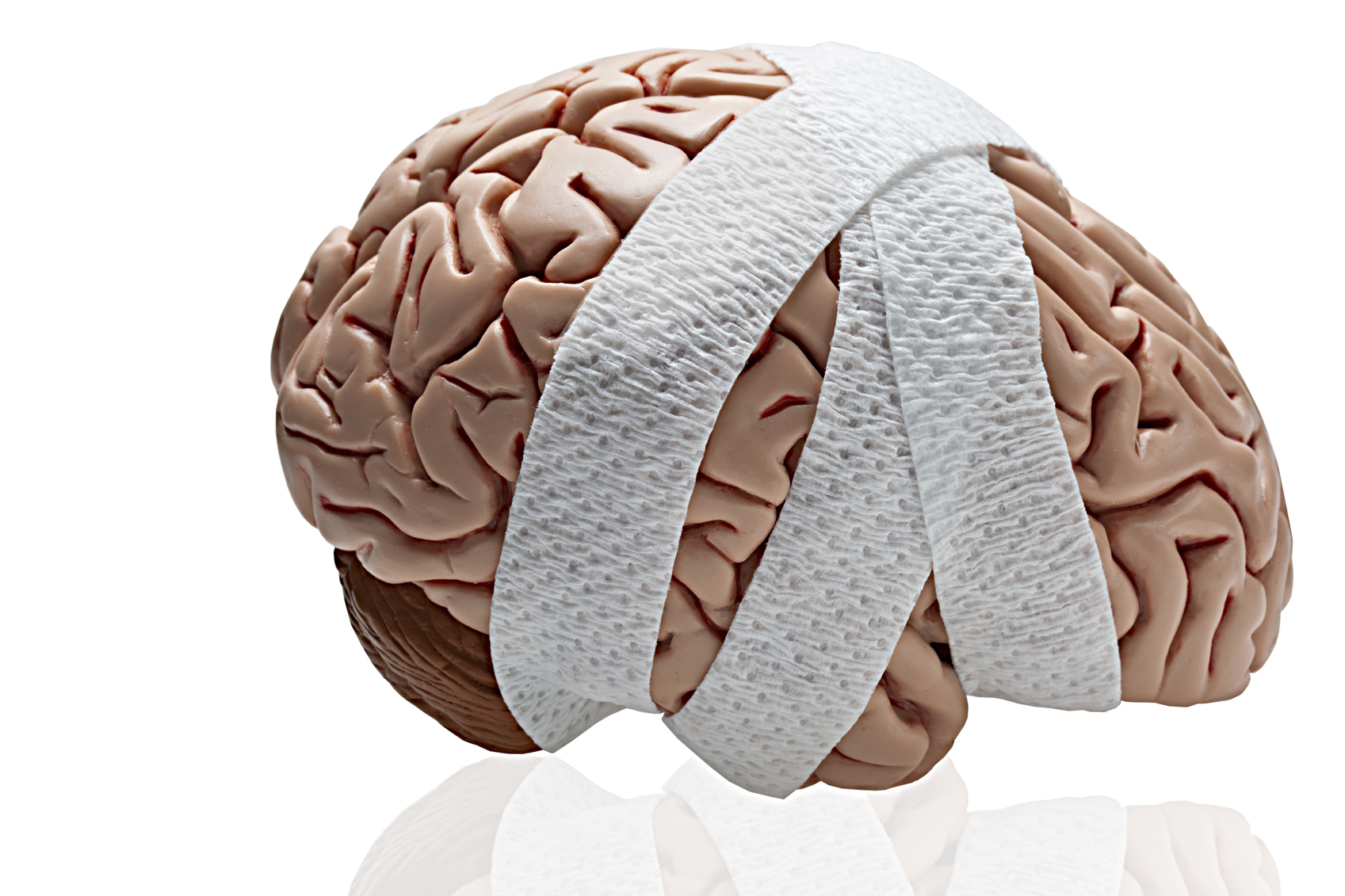How Mixing Alcohol And Energy Drinks Harm the Brain

(This content is being used for illustrative purposes only; any person depicted in the content is a model)
A new study finds that mixing energy drinks and alcohol may cause very unhealthy changes to the adolescent brain. Researchers at Purdue University studied the effects of alcohol and highly caffeinated drinks on adolescent mice. They found that together, the effects of alcohol and caffeine were very similar to morphine or cocaine.
“It seems the two substances together push them over a limit that causes changes in their behavior and changes the neurochemistry in their brains,” said Richard van Rijn, an assistant professor of medicinal chemistry and molecular pharmacology, who conducted the study. “We’re clearly seeing effects of the combined drinks that we would not see if drinking one or the other.”
Despite the negative effects, combining alcohol with energy drinks remains a popular option for adolescents. Remember the popularity of Four Loko? Four Loko was a popular alcoholic beverage that pre-mixed alcohol with energy drink ingredients into an easy to purchase can. The popularity of Four Loko soared in the early 2000s, but after various amounts of criticism and legal actions, the company announced it would change the formula in 2010.
Furthermore, the effects of alcohol and caffeine have been shown to last into adulthood. Researchers found that mice that were exposed to alcohol-caffeine were more likely to consume alcohol as adults than the control group. They also had an increased level of the protein ΔFosB, which indicates long-term neurochemical changes that are also present in users of cocaine and morphine.
“Mice that had been exposed to alcohol and caffeine were somewhat numb to the rewarding effects of cocaine as adults,” van Rijn said. “Mice that were exposed to highly caffeinated alcoholic drinks later found cocaine wasn’t as pleasurable. They may then use more cocaine to get the same effect.”
Researchers also found that mice were more likely to over-consume sugar as adults as a result of drinking these alcohol-energy drinks.
“Their brains have been changed in such a way that they are more likely to abuse natural or pleasurable substances as adults,” van Rijn said.
The study cannot be replicated in humans because of ethical reasons. However, results of this study can go towards other studies that analyze the long-term effects alcohol and caffeine has on brain development.
Alcohol and caffeine in combination have been known to cause harmful effects for quite some time. Alcohol is a depressant, while caffeine is a stimulant. Together, these two substances can be deadly.
That is why the Food and Drug Administration has cracked down over the years on companies producing beverages like Four Loko.
“Amongst some users, there’s a higher incidence of risk-taking behaviors because their perceptions of their limitations are distorted,” said Dr. Steven Lipshultz, chief of pediatrics at the University of Miami medical school.
The exact reason why the two substances are so toxic together is not fully understood. The combination appears to impair judgment more than just drinking alone. This state has been called “toxic jock syndrome.”
Should beverages containing alcohol and caffeine be removed from the shelves? Regardless, if you are struggling with substance abuse, treatment is critical. Do not wait for the long-term effects of alcohol abuse to hinder your life. Call now. If you or someone you love is struggling, please call toll-free 1-800-777-9588.
Author: Shernide Delva
